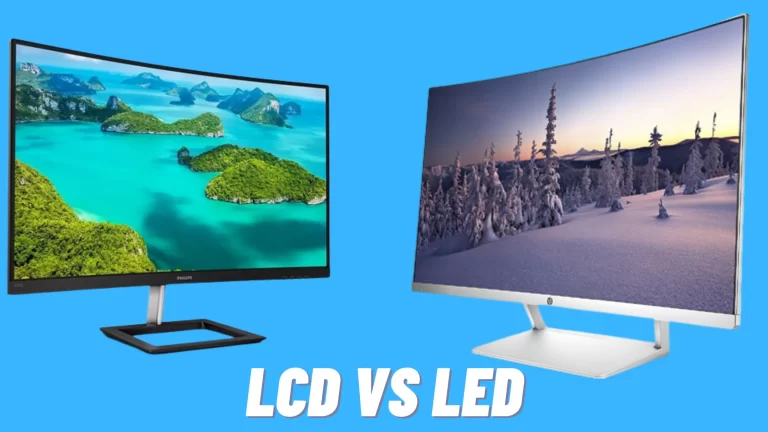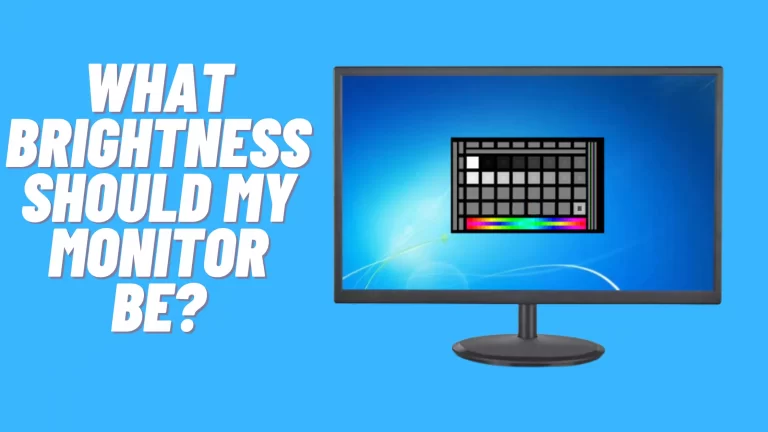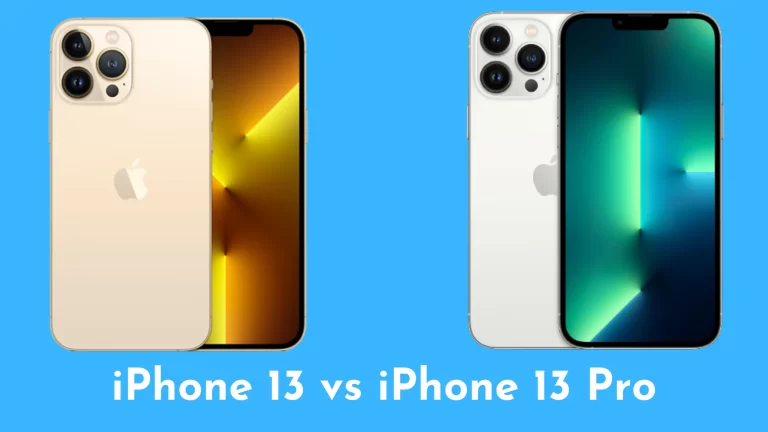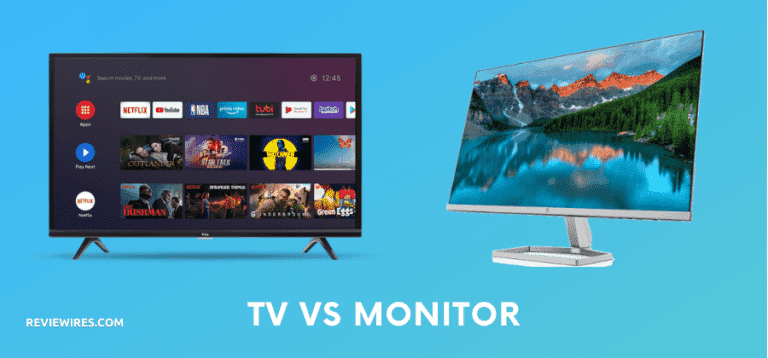144Hz vs 240Hz Monitor Refresh Rate: a Complete Explanation
You’re not alone if you are wondering whether you should get a 144Hz or 240Hz monitor. Monitor refresh rate is one of the most important features to consider before purchasing. A higher refresh rate can make huge improvements over a regular 60Hz monitor.
What is Monitor Refresh Rate?
Monitor refresh rate is the number of times a monitor or screen updates per second. It is usually measured in Hz, which stands for Hertz.
Regarding monitors and screens, there are two common refresh rates: 60 Hz and 120 Hz.
Most monitors and screens use a 60 Hz refresh rate. This is the most common rate because it is fast enough for most uses but not so fast that it causes problems.
Some argue that using a monitor or screen with a 120 Hz Refresh Rate can be more comfortable because it produces smoother images.
However, studies have not shown any real benefits to using a monitor or screen with a 120 Hz Refresh Rate. So, unless you need a higher refresh rate, stick with a monitor or screen that uses a 60 Hz Refresh Rate.
144Hz vs. 240Hz: Monitor Refresh Rate Explained.
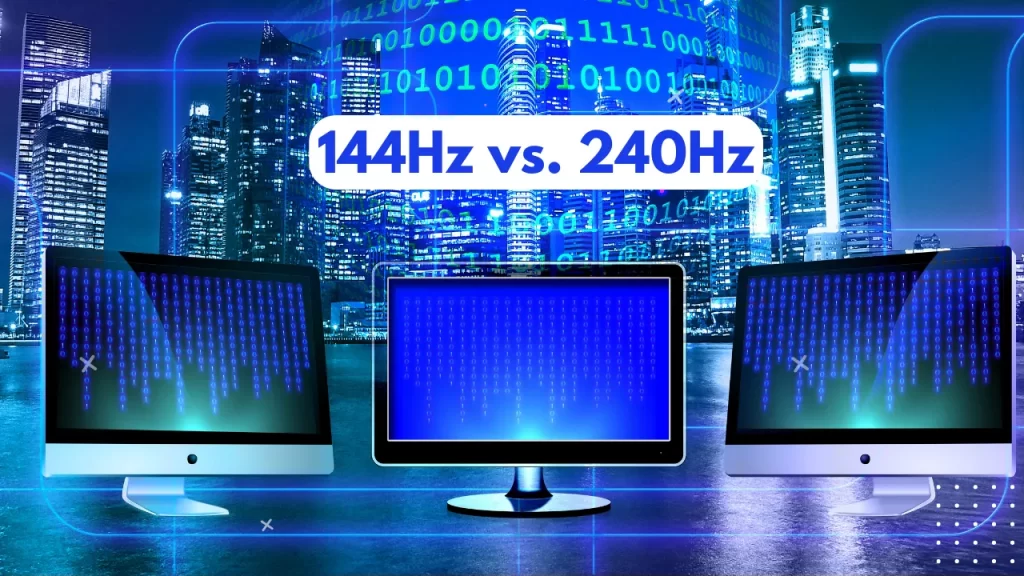
There are two main types of refresh rates: 144Hz and 240Hz.
240Hz is generally preferred because it offers a smoother image than 144Hz. This is because 240Hz updates the image 60 times per second, while 144Hz updates the image only once every 24 frames.
However, 240Hz is not without its problems. First, it can cause eyestrain and fatigue if used for extended periods. Second, some displays cannot handle 240Hz properly and may experience blurry or distorted images.
So which should you choose? If your display can handle 240Hz, then go for it! But if eyestrain or other problems are a concern, stick with Hz.
Benefits of having a 240Hz vs. 144Hz Monitor
There are many benefits to choosing a monitor with a refresh rate of 240Hz vs. 144Hz. Here are the key benefits:
1. Higher Refresh Rate Provides smoother gameplay and eliminates screen tearing.
2. 240Hz Monitors Provide More Responsive Inputs and Are Less affected by Motion Issues.
3. 240Hz Monitors Are Better Suited for Gaming and Immersive Applications.
4. 144Hz Monitors Are Cost-Effective and Can Be Used in Many Settings.
If you’re looking for a monitor with the highest refresh rate possible, a 240Hz monitor is the best option. They provide smoother gameplay and eliminate screen tearing, making them better suited for gaming and immersive applications.
Additionally, they are less affected by motion issues, making them a good choice for use in many settings.
Slow Motion on a 144Hz Monitor
If you’re in the market for a new monitor, you may wonder which refresh rate to choose.
There are two main types of monitors: those with a Hz (hertz) refresh rate and those with a Hz/Hz refresh rate.
The Hz/Hz refresh rate is more common nowadays, and it’s what you should choose if your main goal is to see smooth motion in games and videos. It offers twice the frame rate of a regular Hz monitor, so everything moves smoother and faster.
But a regular Hz monitor will be fine if you primarily want to use your monitor for work or browsing the internet.
And if you don’t plan on playing games or using high-resolution videos, then you don’t need to worry about the difference between Hz and Hz/Hz.
Conclusion
When choosing a refresh rate for your monitor, remember a few things. First and foremost, decide what resolution you want your image to be displayed at.
Second, consider how much graphics power you have available and whether or not you want to utilize features like FreeSync or G-Sync. And finally, make sure that the refresh rate you choose is compatible with your hardware.
So which refresh rate should you choose? The answer depends on your specific needs and preferences. If you need a high-resolution image for work or gaming purposes, go with a higher refresh rate, like 144Hz. Check out this article for ideas.
If you’re looking for an immersive experience that lets you play games without screen tearing or other artifacts, go with 240Hz or higher.

